In the immediate aftermath of the 2021 general elections, Uganda’s President-elect indefinitely suspended the operations of the Democratic Governance Facility (DGF). The process of this moratorium officially began when President Yoweri Kaguta Museveni wrote to the Ministry of Finance Planning and Economic Development (MoFPED) expressing his disapproval of how the facility had been given free rein in Uganda. Further, he expressed concern with the fact that the fund single-handedly manages its funds without the involvement of the government of Uganda. The Fountain of Honour directed the Minister of Finance to immediately halt the activities of the facility pending inquiries and considerations from the executive. And so, the hammer fell on 3rd February 2021, sending shock waves in the civil society and some government entities.
After several back-and-forth negotiations between the government and officials from DGF, the President “lifted” the suspension of the facility and allowed it to operate till December 2022. Currently, the fate of the facility is still in doubt in the face of this conditional lifting of the ban. For one living in Uganda, suspension or even total closure of corporate entities are commonplace, except that the case of DGF is not so ordinary. The fund is estimated to hold over one hundred twenty million euros, an equivalent of more than five hundred billion shillings. It is a basket of funds from countries like Austria, Denmark, Ireland, Norway, Sweden and the Netherlands augmented by the European Union. The facility focuses on strengthening democratic institutions, citizen empowerment, sensitization and the protection of human rights. While the facility provides funding and monitors project implementation, the groundwork is done by more than fifty-eight civil society organisations.
"The DGF basket fund reduces the financial burden on the government by funding a host of programs for the development of the country"
Among the activities funded by DGF include the provision of free lawyers to the indigent and marginalised; undertaking access to justice research; monitoring corruption; gender equality and equity programs; sensitizing the public about the national budget processes and implementation; advocating and driving for a progressive mindset change in society to mention but a few. This is in addition to funding state agencies like the Parliament of Uganda, New Vision, Uganda Law Society, Kasese District Local Government, Kitgum District Local Government and Justice Centres, a state-owned legal aid service centre. For all the above entities, citizen engagement has been at the core of the programs undertaken under DGF’s facilitation to achieve the target of creating a responsive citizenry.
After more than a year since the facility was suspended, we ought to look beyond the reasons given for its suspension. It behoves us to ask a few questions and contextualize the matter. In a country where the government policy has for decades favoured and continues to favour foreign direct investment, why are DGF’s foreign gathered funds suddenly questionable? The most outstanding query from the government is why the DGF solely administers the hefty one hundred million euro fund without government consultation or involvement. But in a free and democratic nation, this should not be a matter of dispute since there are laws that regulate the use of funds with institutions put in place to monitor the source, appropriation and purpose of money.
The Financial Intelligence Authority’s role is to combat money laundering; hence it seizes any illicitly gotten money it detects. The Inspectorate of Government tracks the utilization of government funds and combats corruption; therefore, the IGG’s office is able to track and handle any funds the DGF spends influencing civil servants. There are a host of other laws and entities that could be used to gather intelligence and monitor the operations of any corporate entity to unearth any wrongdoing. It need not be emphasized that the DGF had never been accused of breaching any laws relating to financial discipline or any other particular offence. This continued suspension is more of a pain to the people of Uganda who directly or indirectly benefit from its funds.
To monitor and regulate the DGF’s activities, the President could always instruct the relevant government institution to brief him about the operation of a given entity and solve any existing misunderstandings. The impact of the continued DGF suspension continues to affect thousands of Ugandans, and it is worth pointing out the magnitude of this misfortune. To begin with, DGF directly employs thousands of Ugandans in more than fifty-eight civil society organisations and different government agencies. The employment of these Ugandans swings in balance as the suspension continues to bite amidst a time of disturbing economic hardship, characterised by collapsing businesses and escalating commodity prices.
The beneficiaries of the work done by the different entities funded by DGF also remain in a very precarious position. According to the DGF annual report of 2018, 47,926 received direct free legal services from DGF-funded institutions; 98,204 persons were educated in human rights and civic responsibilities; 5,813 victims of conflict and torture received free medical and psychosocial support and 92 studies were carried out in Uganda. In 2019, 67,681 persons received direct legal assistance, 3,426 victims of conflict and torture received medical and psychosocial support, and 459,777 individuals participated in DGF-supported learning events. All the above represent a small proportion of work supported by DGF, including media campaigns against corruption and countless programs where citizens interface with duty bearers on issues of national importance.
Considering DGF’s economic and social contribution to the country, it is prudent that the government’s decision bends toward a complete and meaningful lifting of the ban on this development partner. For a long time, the government has fallen short of its responsibilities due to the inadequacy of funds and the country faces an annual public debt increment to foster development. The DGF basket fund reduces the financial burden on the government by funding a host of programs for the development of the country. Perhaps one of the most significant contributions of the facility is citizen sensitization and skilling which enable the people of Uganda to identify opportunities, cease them and hold their leaders accountable. It is therefore not only justified but imperative to any well-intentioned government to iron out any existing misunderstandings and have the facility running again.
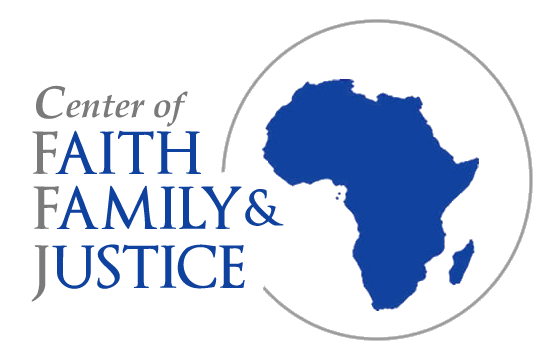
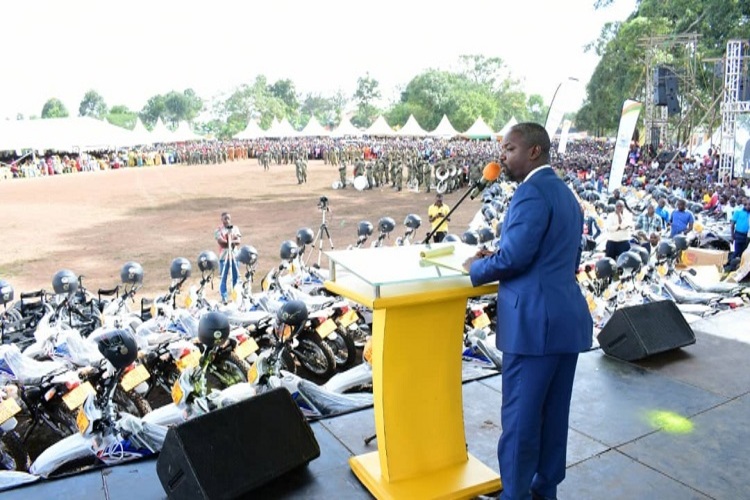
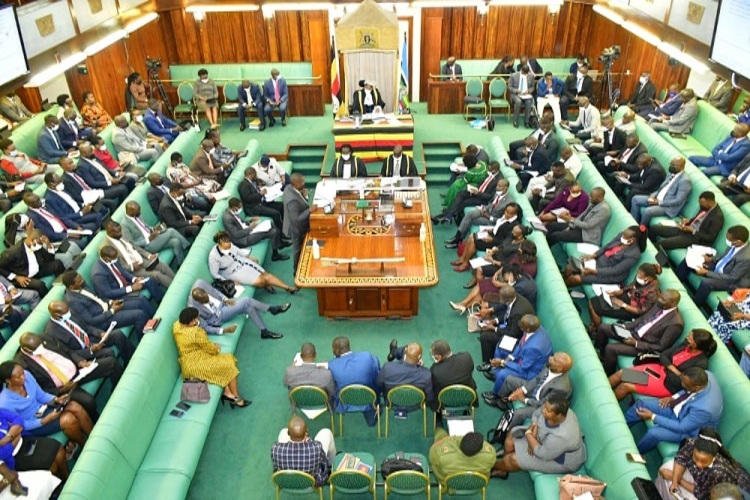
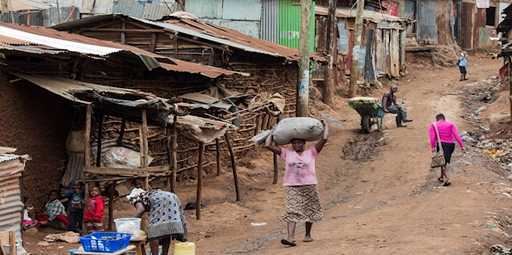
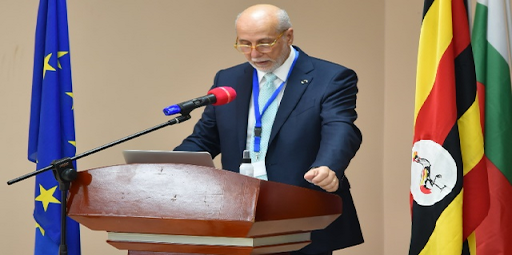


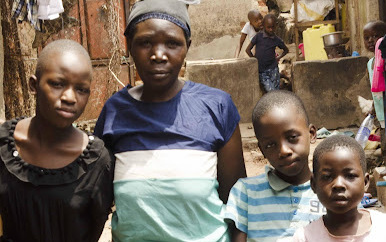

View Comments